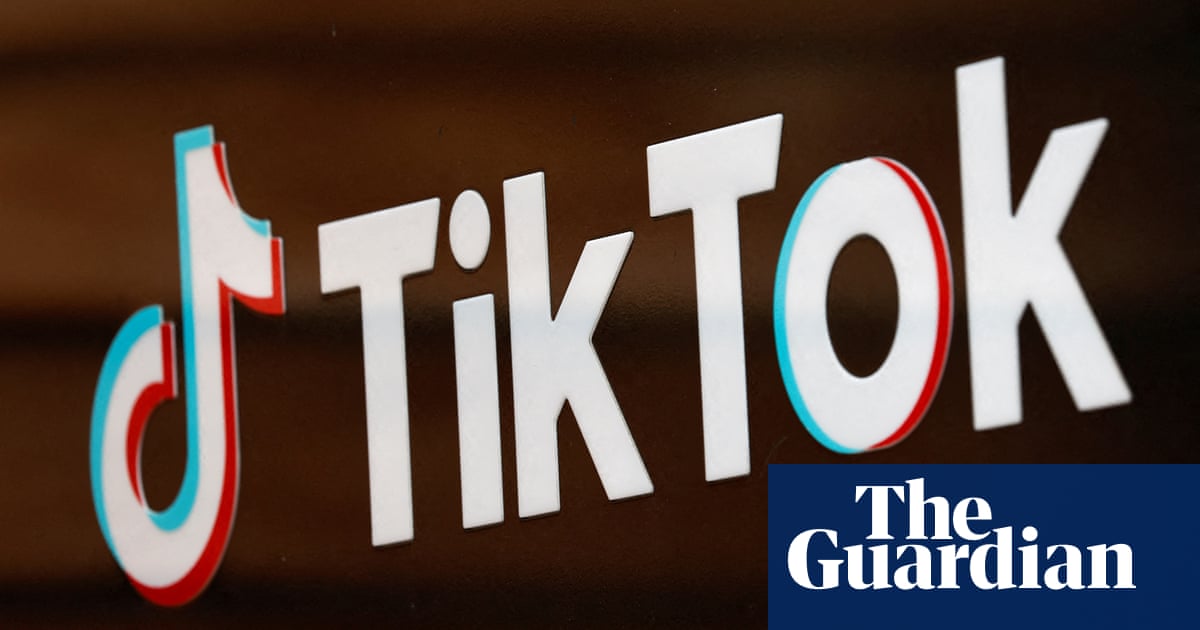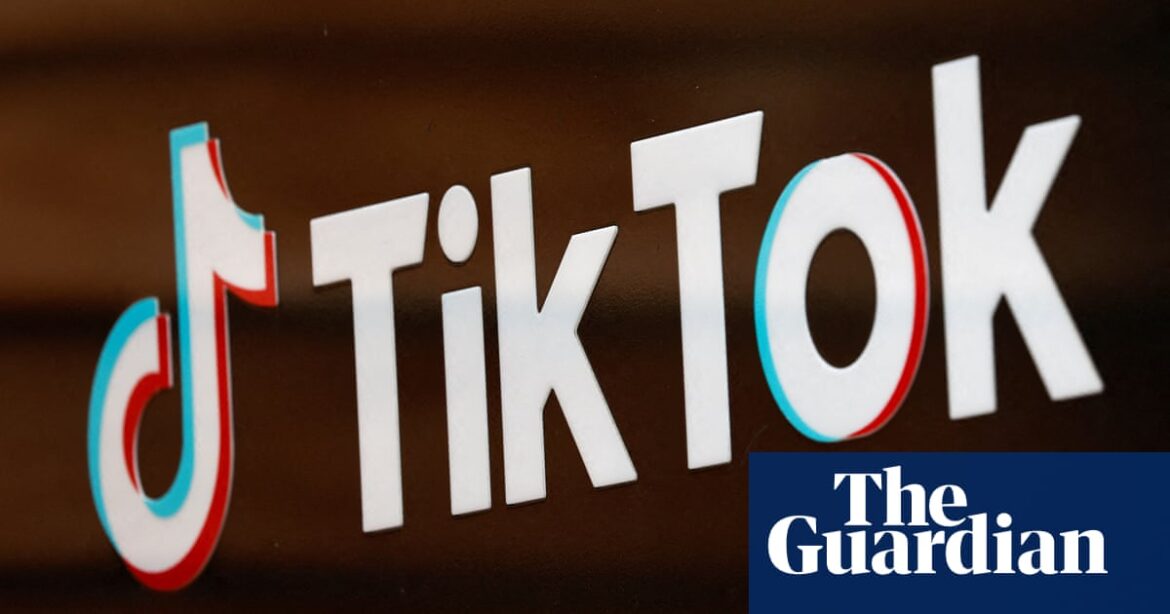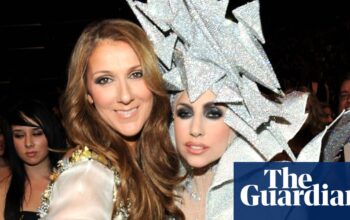
The contract between Universal Music Group and TikTok is coming to an end within the next 24 hours due to disagreements about artist payment and AI. This means that popular songs from artists like Taylor Swift and Harry Styles, as well as the viral hit “Murder on the Dancefloor,” will no longer be available on TikTok.
UMG, the largest music corporation globally, published an intense letter on Tuesday titled “Why TikTok deserves a Time Out”. The letter accuses TikTok of trying to coerce and scare UMG into agreeing to a deal that is significantly lower than their previous one and does not fairly reflect their significant growth.
The social media app TikTok, which is owned by the Chinese company ByteDance, enables users to create brief videos that often feature sound effects and licensed music.
UMG’s dominance over popular music cannot be overstated, with the company holding the rights to artists including the Beatles, Bob Dylan, Elton John, Drake, Sting, the Weeknd, Kendrick Lamar, SZA, Ariana Grande, Justin Bieber, Adele, U2, Coldplay, Post Malone and more. It is the only music company to ever hold nine of the top 10 albums in the Billboard 200 music chart at once, and has achieved that four times.
Recently, a popular song owned by UMG, “Murder on the Dancefloor” by Sophie Ellis-Bextor, has gained attention on TikTok. Wealthy users have been sharing videos of themselves dancing in luxurious homes, mimicking a scene from the 2023 movie Saltburn.
A spokesperson for UMG confirmed to Reuters that if they are unable to come to an agreement with TikTok, all of their songs will be taken off the service after their contract ends on Wednesday.
According to an open letter from UMG, TikTok only contributes 1% to their overall revenue. This shows that the platform does not adequately compensate artists and songwriters, despite its large and growing user base, significant advertising income, and reliance on music-related content.
During talks for a new contract, the music company claimed that TikTok offered to compensate our artists and songwriters at a significantly lower rate than what other major social platforms pay for similar services.
When talks became deadlocked, UMG claims that TikTok attempted to “intimidate” them by specifically removing the music of some of their up-and-coming artists while allowing more popular stars to remain on the platform.
“The intentions of TikTok are clear: leverage their platform dominance to harm susceptible artists and attempt to coerce us into accepting an unfavorable agreement that devalues music and shortchanges both artists and songwriters, as well as their supporters,” stated UMG.
TikTok responded strongly, accusing UMG of prioritizing their own financial gain over the well-being of their artists and songwriters.
The company stated that despite Universal’s misleading story and language, they have made the decision to no longer have the strong backing of a platform with more than one billion users. This platform serves as a free tool for promoting and discovering talent.
The repercussions arise as TikTok explores further into music production and artificial intelligence. Last year, it introduced TikTok Music in certain countries as a competitor to Spotify and Apple Music and is currently testing an “AI Song” function that enables users to generate songs through prompts.
UMG alleged that TikTok is being inundated with artificially generated music and criticized the platform for promoting the use of AI in music creation. They stated that TikTok’s tools for AI music creation are essentially supporting the replacement of human artists with AI. UMG also noted that their only option for removing infringing content from TikTok is a laborious and ineffective process, similar to playing the game Whac-a-Mole.
TikTok has similar contracts with music labels such as Sony and Warner Music, which the company emphasized in their statement on Tuesday. It is unclear if they share the same concerns as UMG.
Source: theguardian.com



